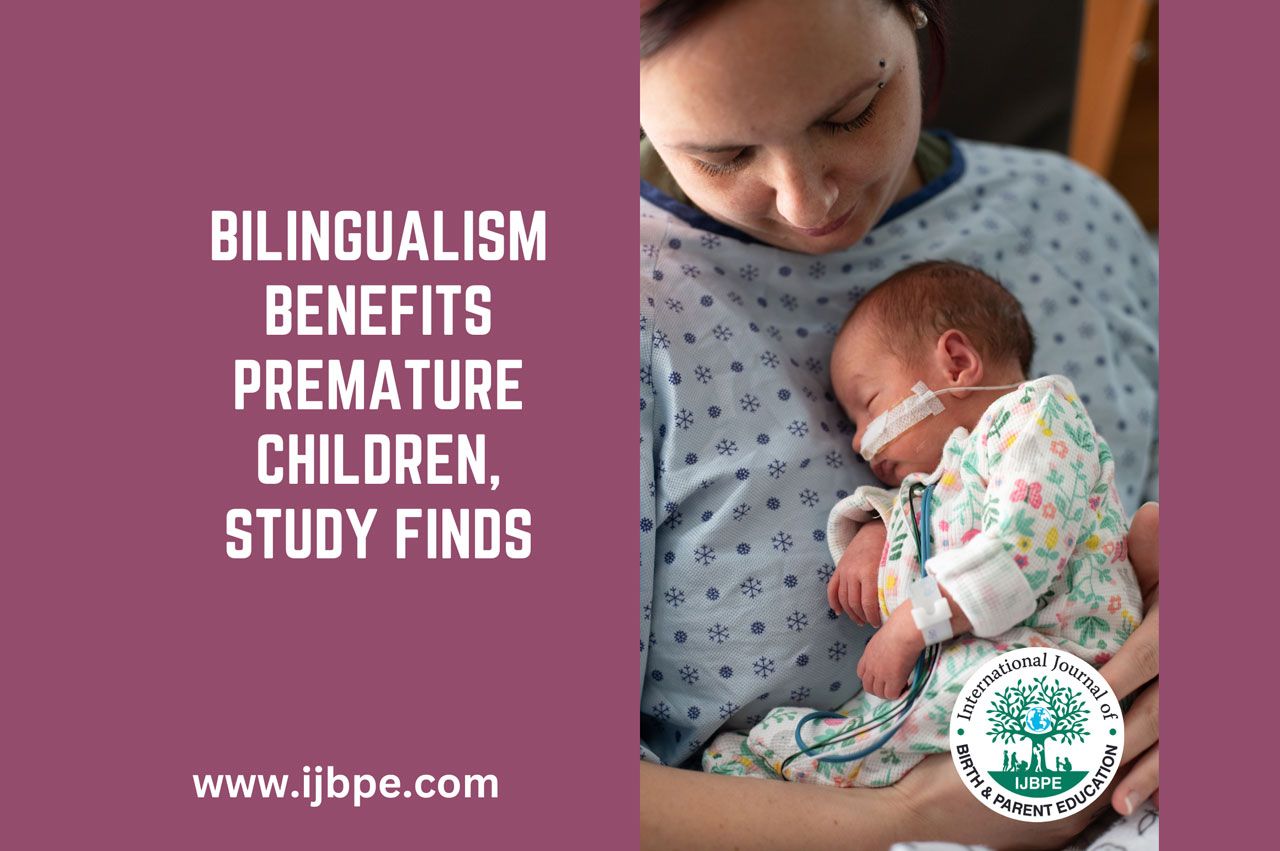
Bilingualism benefits premature children, study finds
New research suggests that speaking more than one language could help strengthen executive functioning, a set of skills critical to development and academic success.
Florida International University research finds that speaking more than one language can be beneficial for children born prematurely, counter to advice often given by health care professionals.
The study, published in Advances in Neonatal Care, compared two groups who were born preterm: bilingual children and children who only spoke one language. The bilingual group performed better on a cognitive test, showing better organization, accuracy and response time, compared to monolingual children — important skills for academic success.
“The conventional advice provided by health care professionals is not to speak more than one language with children born prematurely,” said Caroline Gillenson, lead author and doctoral student in FIU Center for Children and Families (CCF) Clinical Science Program. “Our findings show that shouldn’t be the case and that bilingualism could be an early intervention strategy to help strengthen preterm-born children's executive functioning.”
The researchers followed a small group of 17 children, between the ages of 6 and 7, born very preterm (before 35 weeks) with low birth weight and long hospital stays in the neonatal intensive care unit (NICU). There were eight monolingual children and nine children who spoke English and Spanish.
To test their executive function, researchers gave the children a Creature Counting task — a test that had them counting the number of animals from top to bottom, starting with one, and then switching between counting upward or downward, according to arrows. The ability to switch from counting upward to downward or vice versa is key to measuring executive functioning. Correct responses and the time it took to complete the task were recorded.
Preterm-born bilingual children performed significantly more accurately and with more total switches than the preterm-born monolingual children. “This really shows speaking more than one language can be tremendously helpful for preterm-born children just as it is for children born full term,” said FIU Psychology Professor and study author Daniel Bagner.
“Unfortunately, many parents who have a child that was born prematurely have shared with us that their pediatric provider advised them to stop using their native language at home. They were told to use English only with their child,” said Melissa Baralt, FIU psycholinguistics professor and one of the study’s authors. “We hope this research can serve as a call-to-action for parents and healthcare professionals to embrace the advantages of bilingualism in nurturing the developmental skills of preterm-born children.”
Access here: DOI: 10.1097/ANC.0000000000001106
